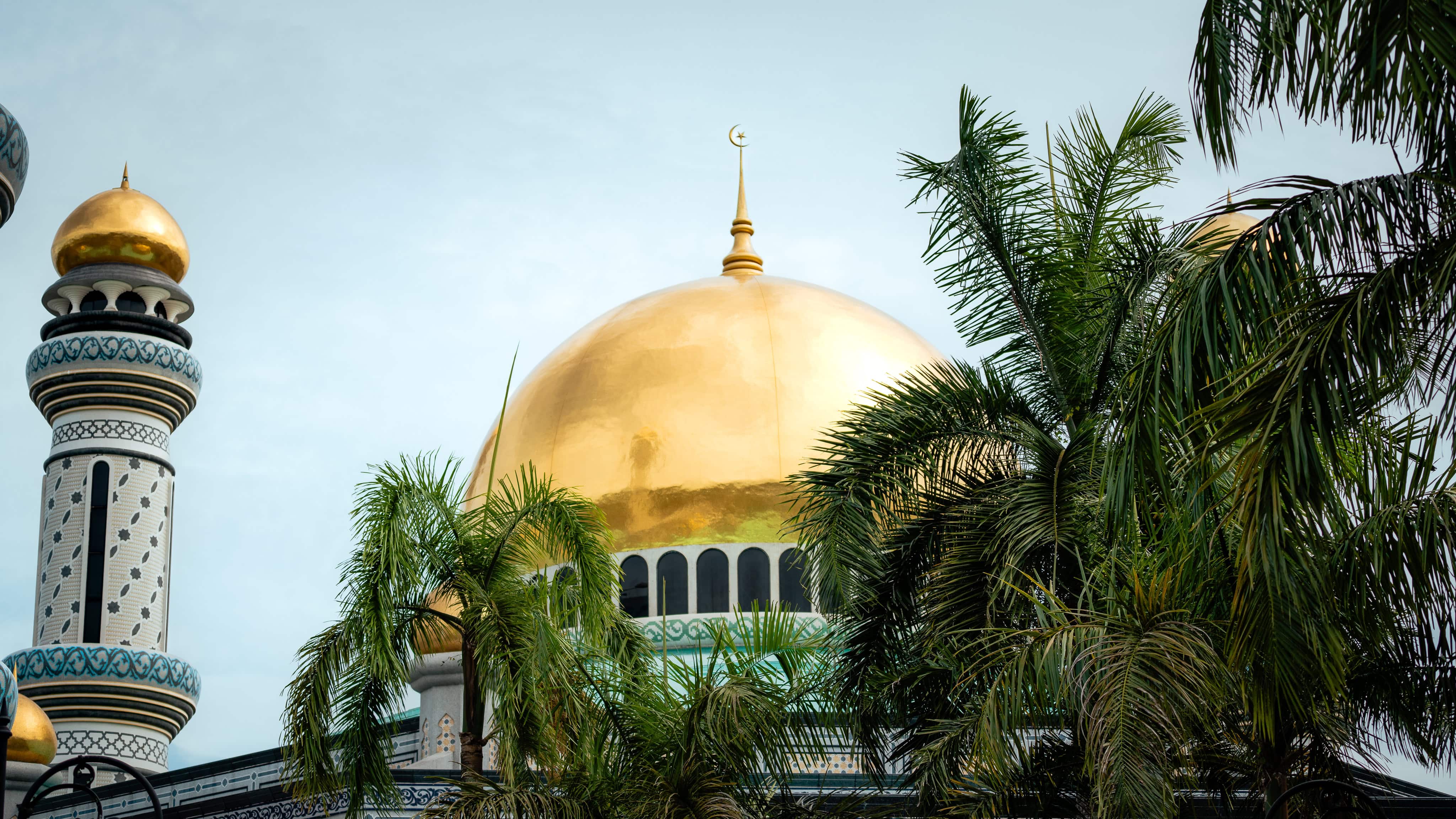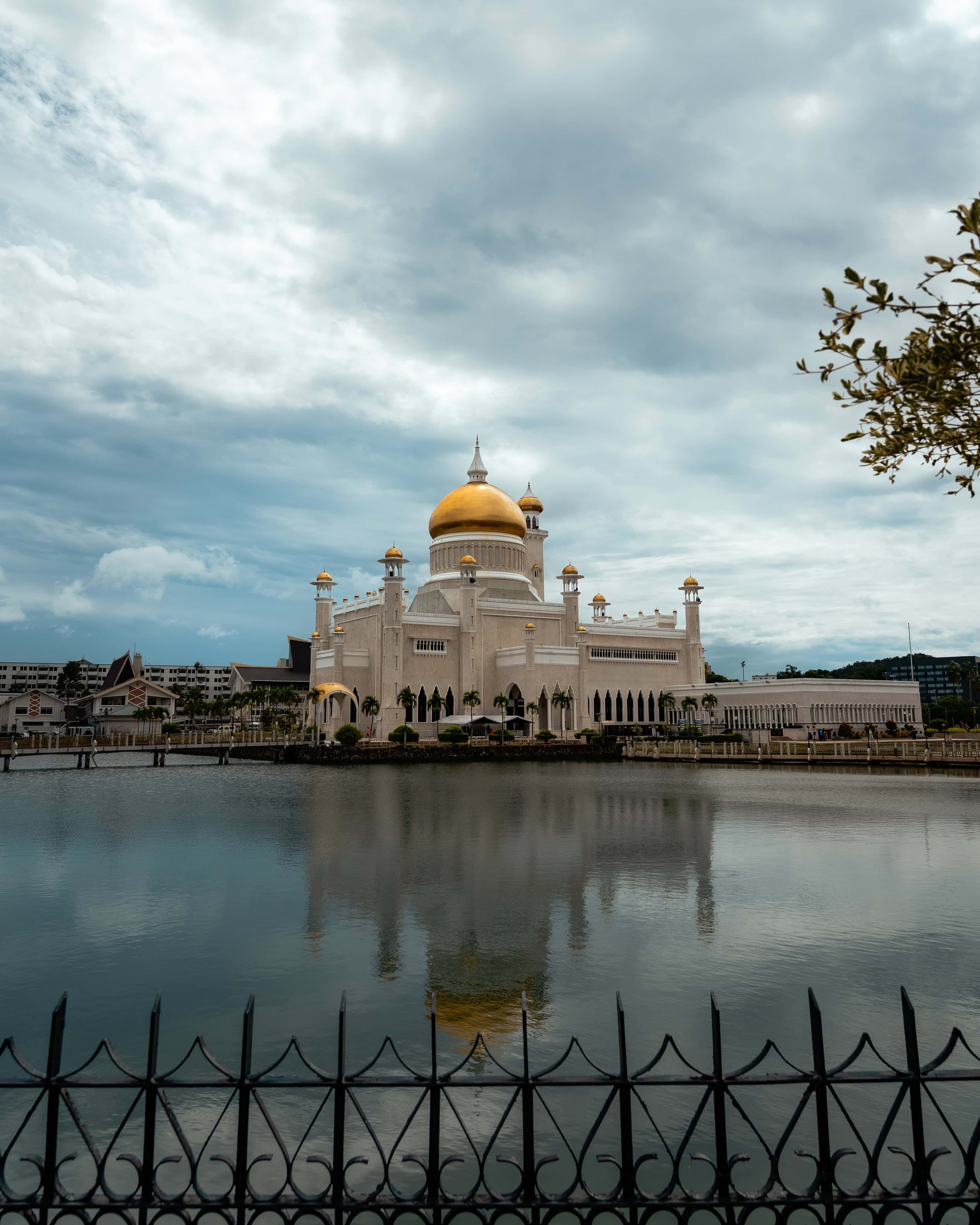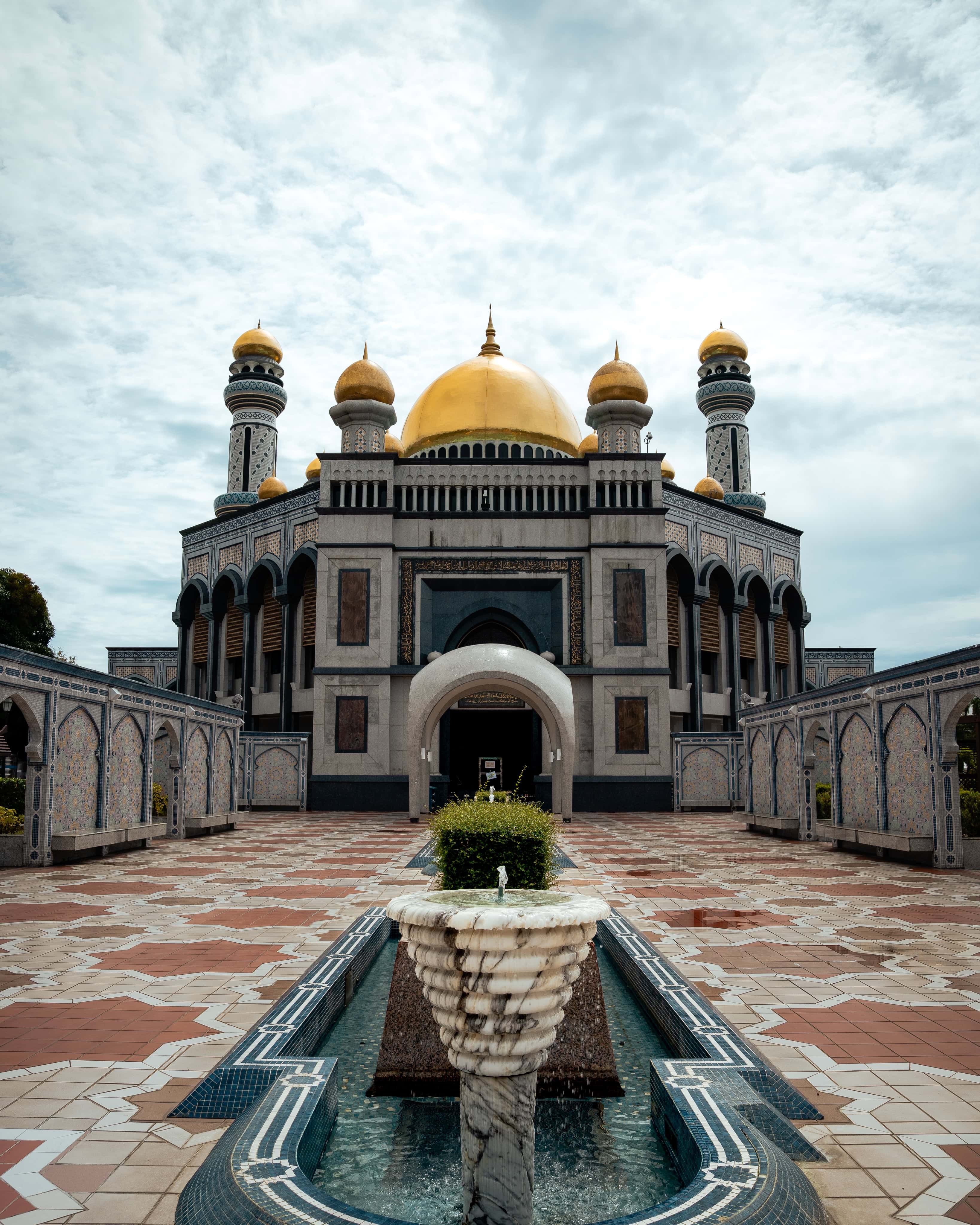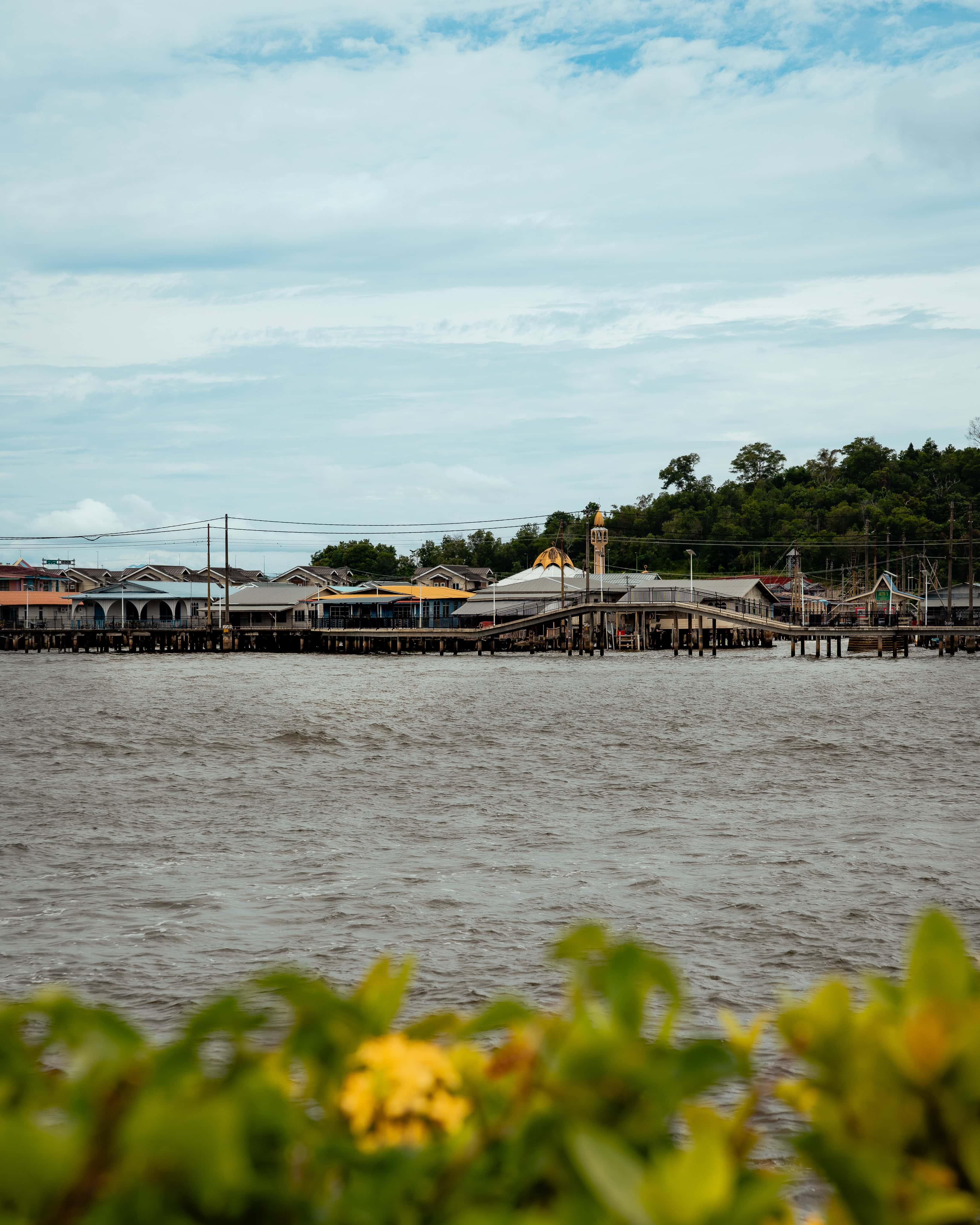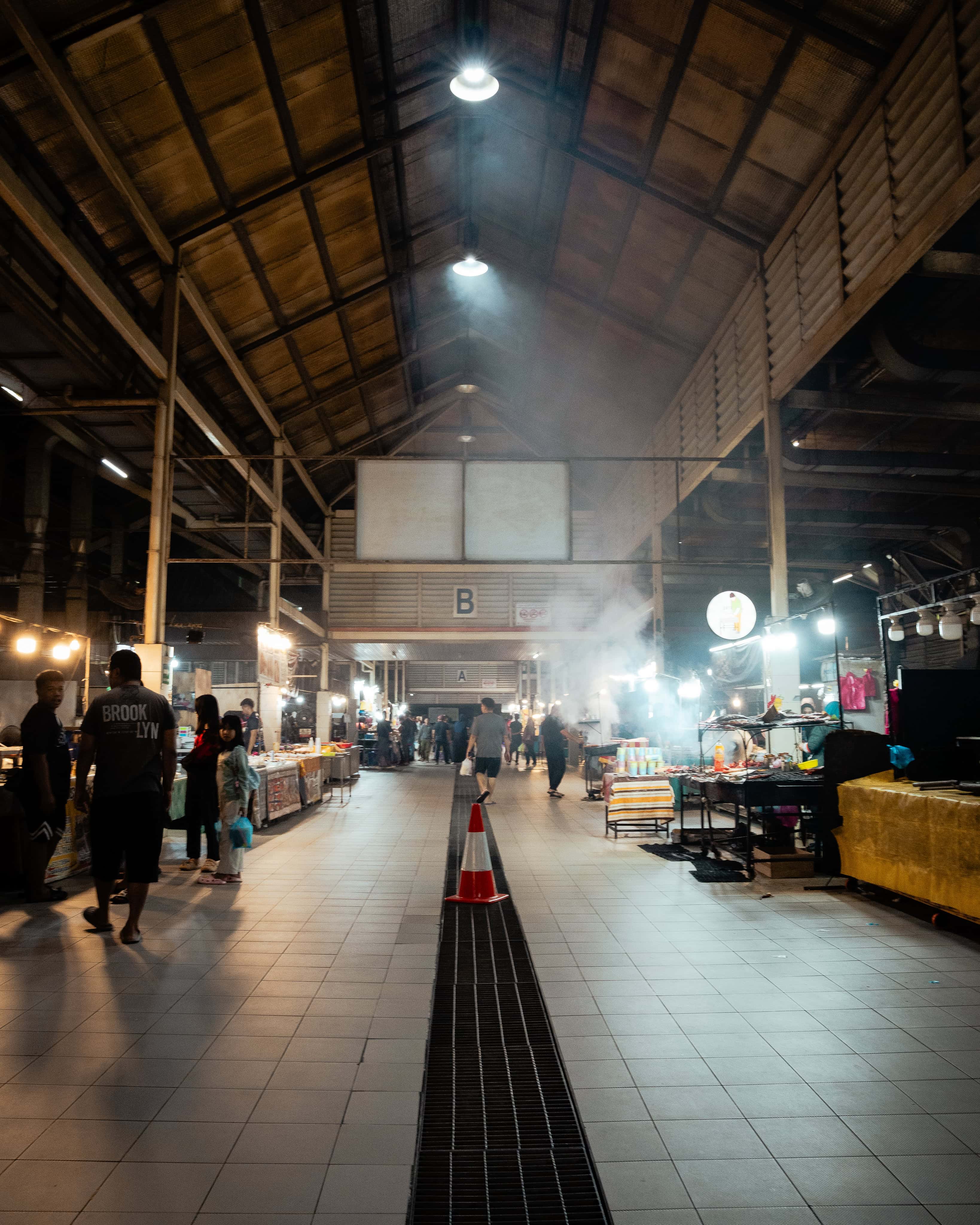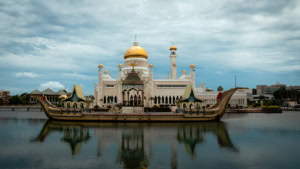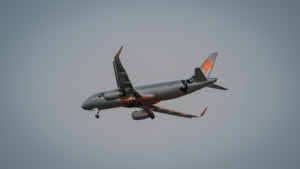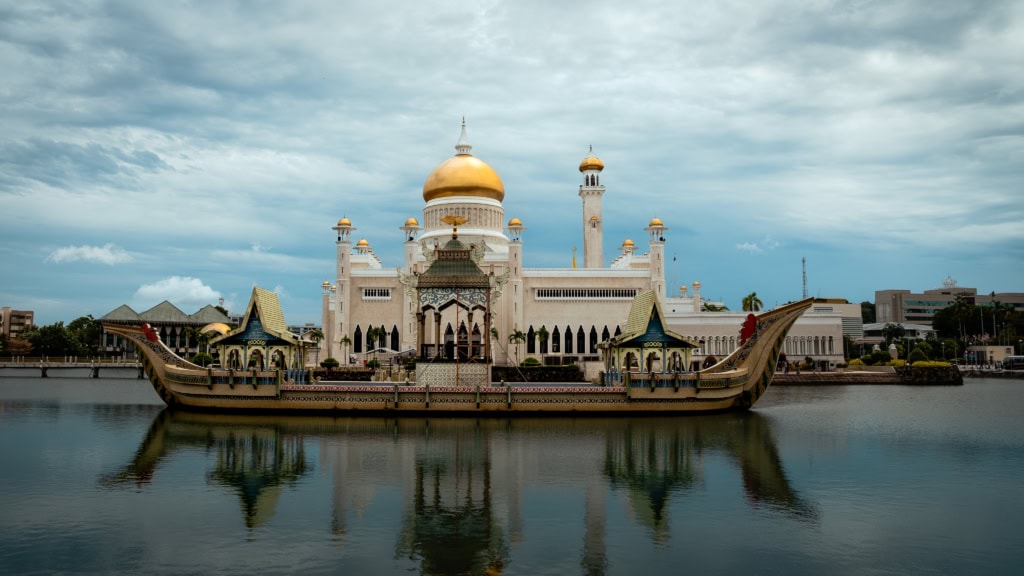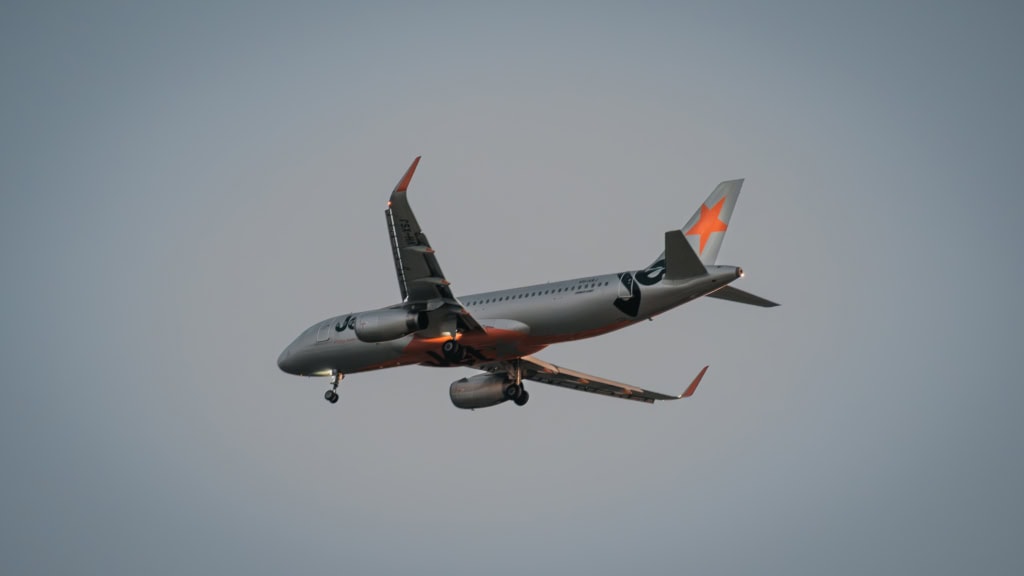Brunei is a small country on the island of Borneo that is often overlooked. It captivates visitors with its lush rainforests, magnificent mosques and rich culture. Situated away from the typical travel routes through Southeast Asia, Brunei offers visitors plenty of peace and nature, but also challenges them with its political and social peculiarities. Visitors to Brunei will encounter hospitable and polite people who are proud of their homeland, although the political system and strict social order should be viewed with caution.
Location and geography
Brunei Darussalam is located on the island of Borneo in Southeast Asia and borders only Malaysia. The small sultanate is divided into two non-contiguous parts, both of which border the Malaysian state of Sarawak. The entire east coast of Brunei lies on the South China Sea. With an area of around 5,765 square kilometres, Brunei is one of the world’s smallest states. However, it boasts a remarkable variety of landscapes, including tropical rainforests, mangroves, rivers and an extensive coastline.
History: From powerful sultanate to wealthy oil state
Brunei was an important regional sultanate in the 15th and 16th centuries, controlling much of North Borneo and parts of the Philippines. However, in the 19th century, it lost significant territory due to British colonial expansion and the growth of the Sarawak empire. In 1888, Brunei became a British protectorate. However, the country did not begin to prosper until oil was discovered in 1929. Brunei gained independence in 1984 but remained an absolute monarchy under Sultan Hassanal Bolkiah. Political freedom is limited, and Sharia law has been in force in the legal system since 2014 — a development that has attracted international criticism.
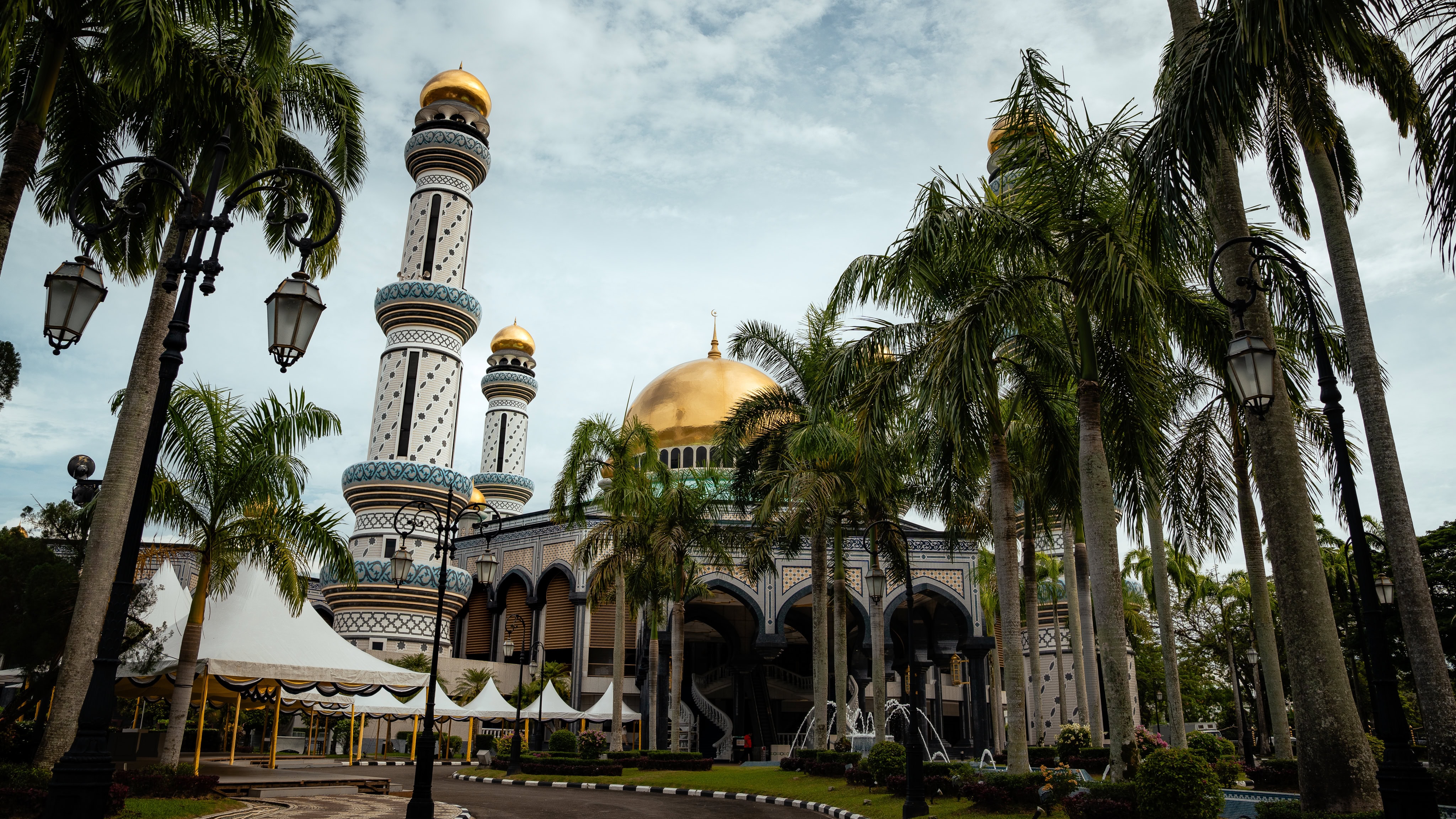
Politics and society – absolutist and conservative
Brunei is an absolute monarchy under Sultan Hassanal Bolkiah, who has ruled the country since 1967. Political opposition is not permitted, and freedom of the press is severely restricted. Sharia law has been in force in parts of the legal system since 2014, leading to international criticism, particularly regarding the severe punishments it enshrines, though these are rarely applied in practice. LGBTQ+ people officially live under strong legal repression, which many Western travellers may find morally difficult to reconcile.
Nevertheless, Brunei is considered safe and stable — but at a price: a heavily controlled social life with little room for political or cultural diversity.
Climate and best time to visit
Brunei is located in a tropical climate zone, experiencing high temperatures (between 24 °C and 32 °C) and high humidity all year round. There are no distinct seasons, but the rainy season runs from around October to January. The drier period from February to April is considered the best time to travel. During this period, the roads are in good condition and outdoor activities such as jungle hikes and boat trips are particularly enjoyable.
Entry and security
German citizens do not require a visa for stays of up to 90 days. A passport valid for at least six months is sufficient. Brunei is considered a very safe destination with a low crime rate. However, strict Islamic laws should be respected, especially in public areas. Non-Muslims may possess limited quantities of alcohol for personal use, but it must not be consumed in public.
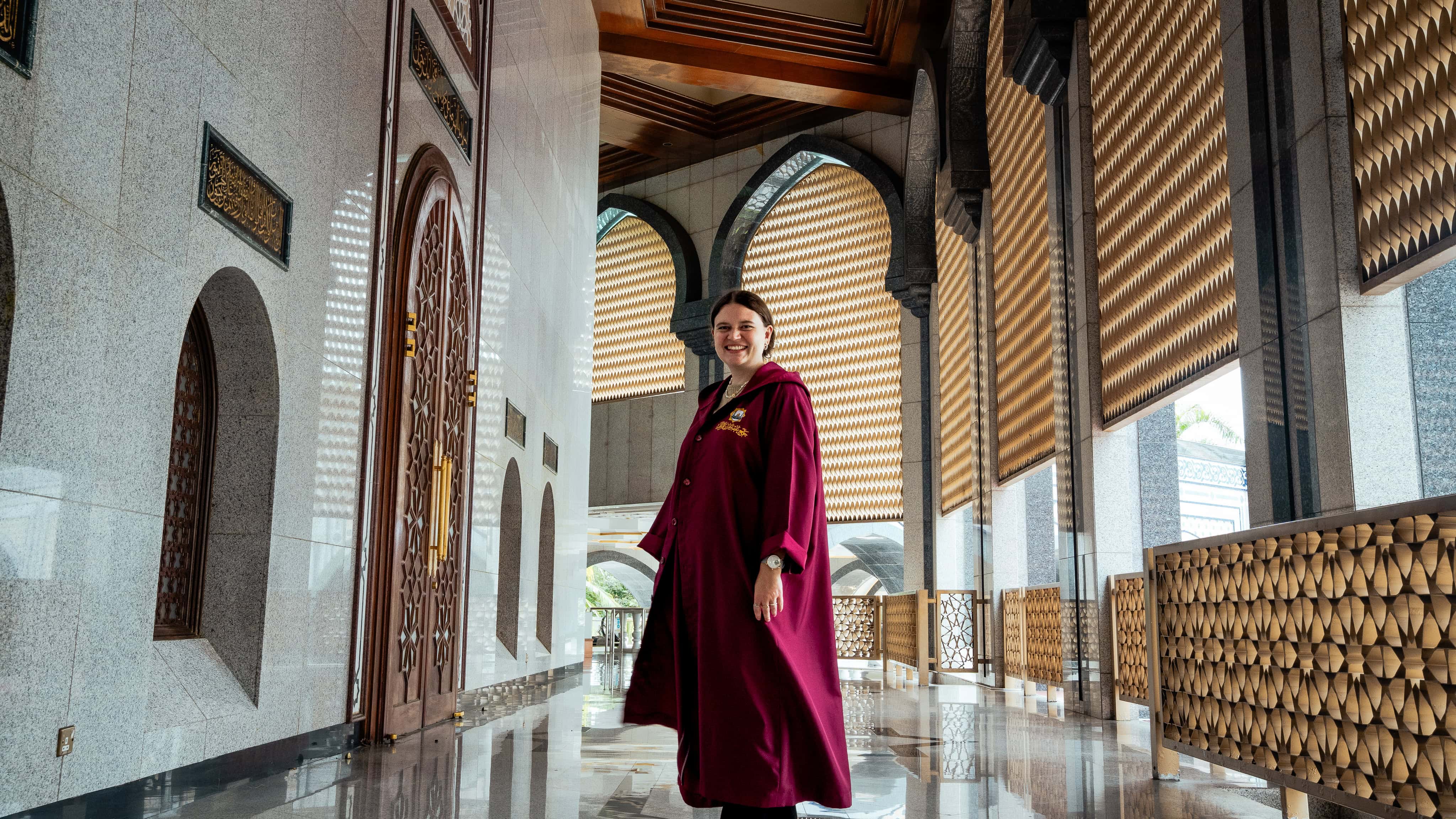
Culture, religion and environmental protection
Brunei is a deeply Islamic state, with Malay Islam as the state religion. Society is conservative, polite and strongly hierarchical. Tradition and religion permeate all areas of life there. Accordingly, clothing should be respectful — shoulders and knees should be covered as much as possible, especially when visiting religious sites.
The state has a clear sustainability strategy. Almost 70% of the country’s land is protected. The government invests in ecotourism, as demonstrated by its work in the Ulu Temburong National Park, and focuses on environmental education. The growth of mass tourism is deliberately limited to ensure that travellers have an authentic experience close to nature.
Currency and costs
The official currency is the Brunei dollar (BND), which is pegged at a 1:1 ratio to the Singapore dollar. Both currencies are accepted throughout the country. Brunei is an expensive country by Southeast Asian standards, particularly with regard to accommodation and imported goods. However, the country offers good value for money when it comes to transport, street food, and cultural attractions.
Top sights in Brunei
Bandar Seri Begawan
The capital is quiet, clean and, surprisingly, modern. Highlights include:
- The Sultan Omar Ali Saifuddien Mosque, the country’s landmark, which is known for its golden dome and its location on an artificial lagoon.
- Jame’ Asr Hassanil Bolkiah Mosque: The largest mosque in Brunei, it has 29 golden domes and was built in honour of the 29th Sultan. It is an architectural masterpiece.
- Kampong Ayer: Known as the ‘Venice of the East’, this traditional water village is built on stilts. Take a water taxi to explore the village and experience authentic river life. From there, it is also easy to reach the mangroves, where you can observe proboscis monkeys, crocodiles and other animals.
- Royal Regalia Museum: Here, a fascinating exhibition awaits you, showcasing the life and reign of the Sultan alongside magnificent crown regalia and gifts from around the globe.
- Gadong Night Market: A real highlight for anyone wanting to experience authentic cuisine and the local atmosphere, the Gadong Night Market comes to life every day from late afternoon. Every day from late afternoon, a market full of scents, sounds and flavours comes to life here.
Ulu Temburong National Park
This remote national park in eastern Brunei is only accessible by boat across rivers. A pioneer of sustainable ecotourism, it is one of the best places in the world to experience an unspoilt rainforest.
Beaches and coast
Brunei also has some lesser-known but beautiful beaches:
- Tungku Beach: Popular for sunsets and picnics, especially among locals.
- Muara Beach: A long, clean, sandy beach near the harbour of the same name, ideal for relaxation.
- Serasa Beach: It is perfect for water sports such as kayaking and windsurfing. There are also simple cafés and sports facilities here.
Brunei may not be the classic dream holiday destination for everyone, but it requires an open mind to appreciate a country where tradition, religion and monarchy are closely linked. The people are friendly and welcoming. For this very reason, it is worth taking a closer look at Brunei, setting aside the government and political restrictions. Those seeking peace and quiet and nature lovers can expect a unique experience in the sultanate, even if it does not offer the vibrant diversity of other Southeast Asian countries. Travelling to Brunei allows you to experience Southeast Asia from a different perspective, and to appreciate all its facets.

